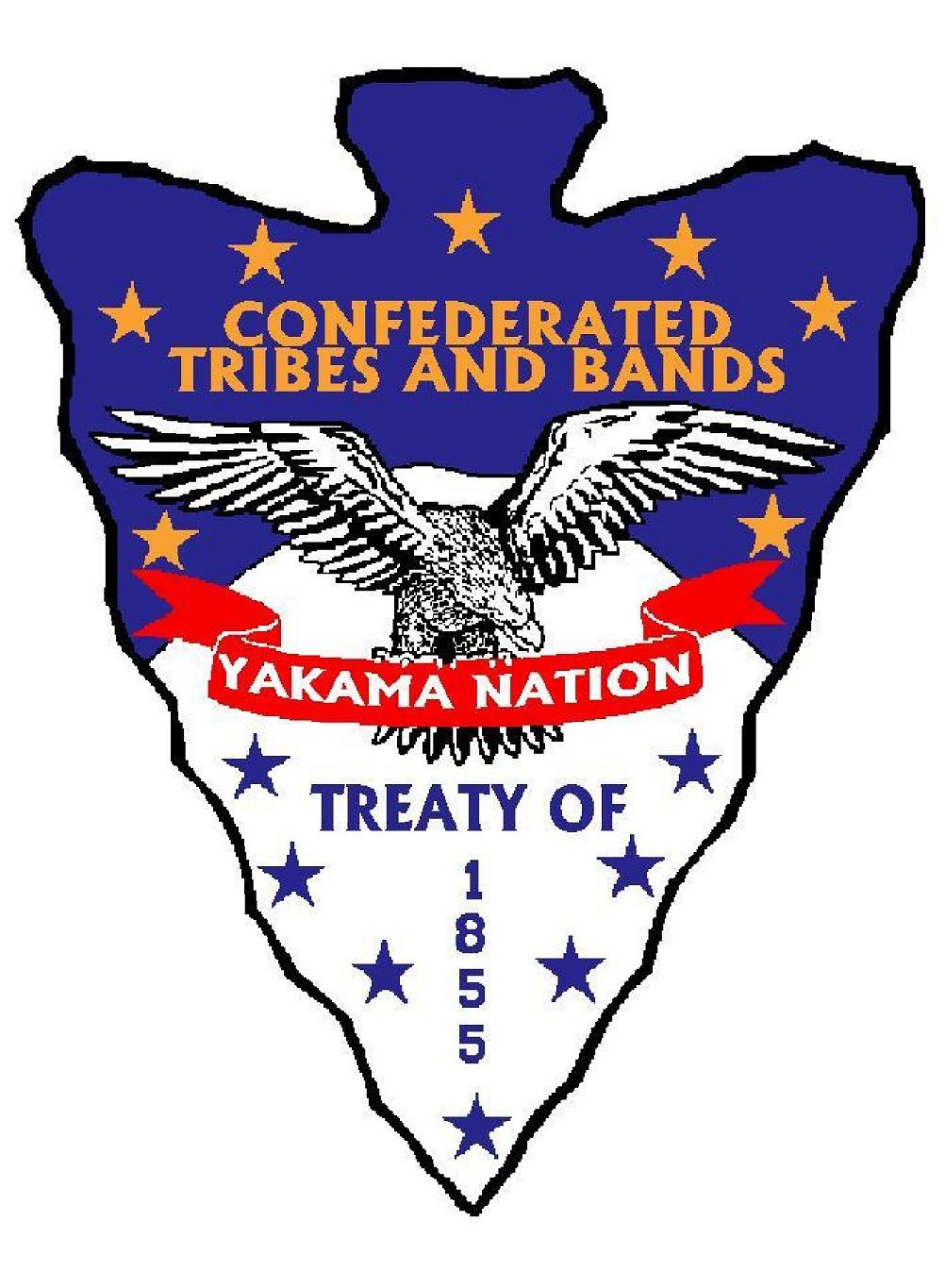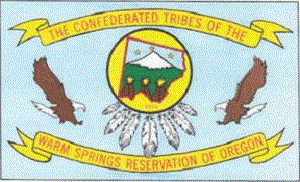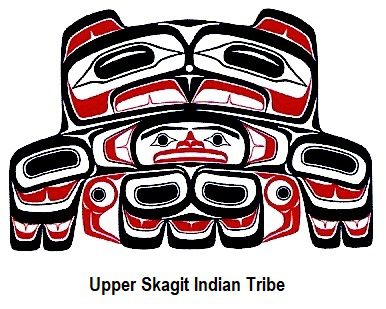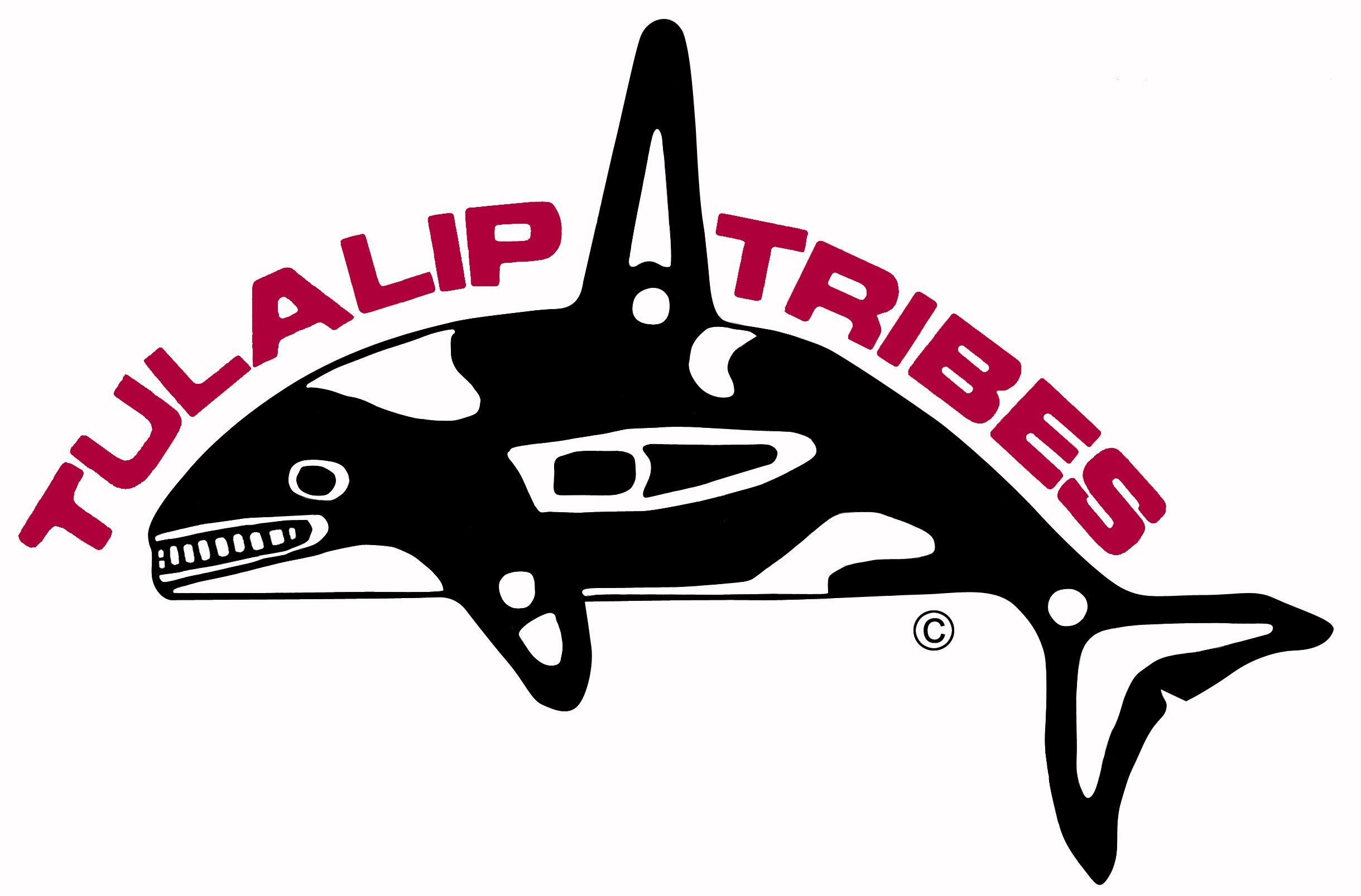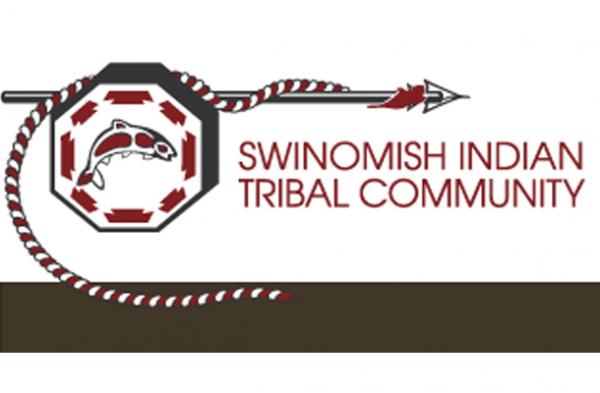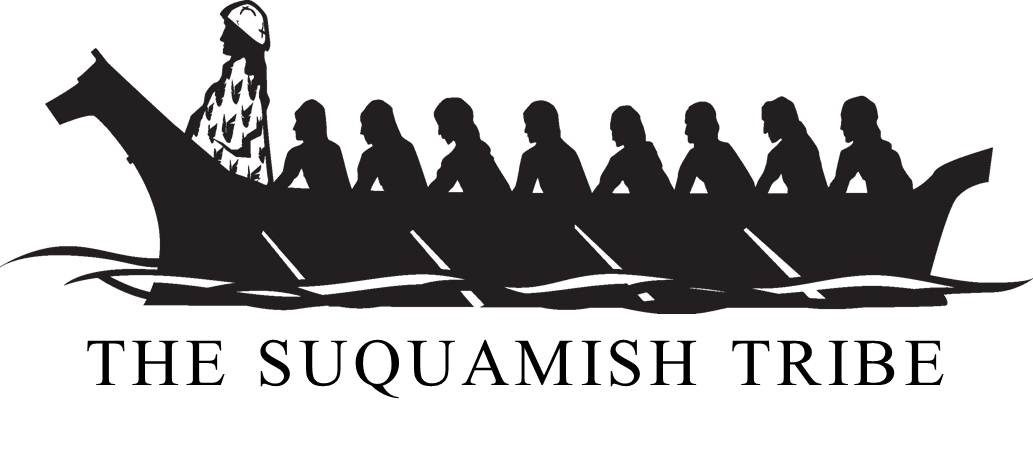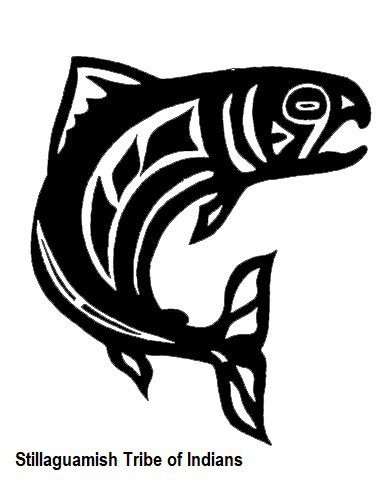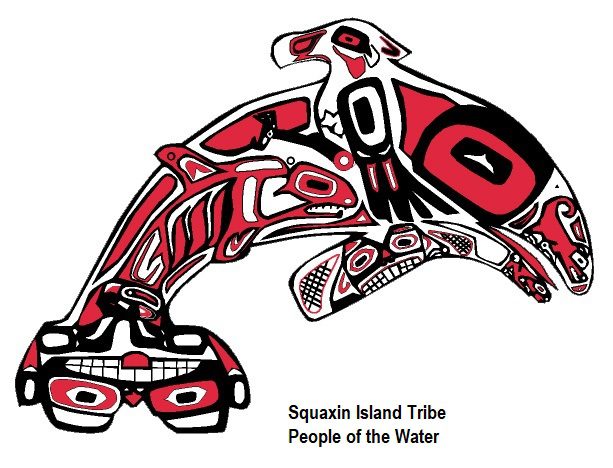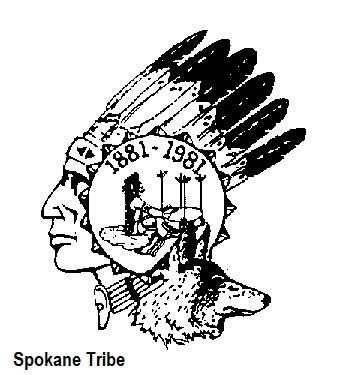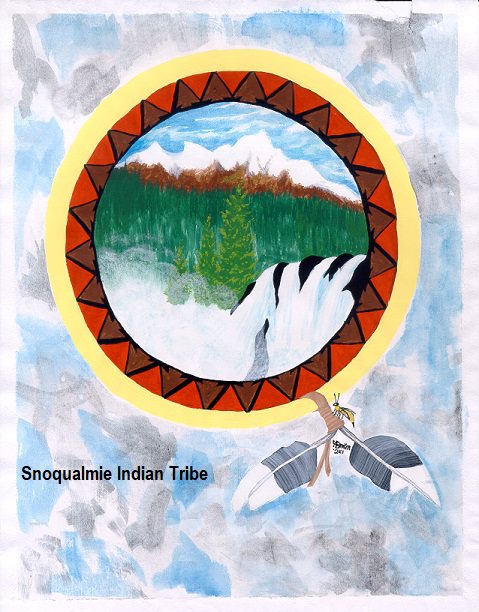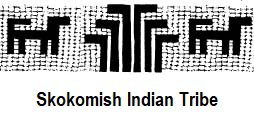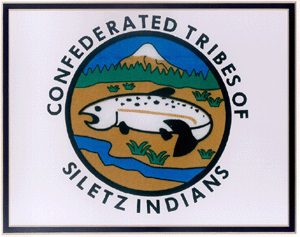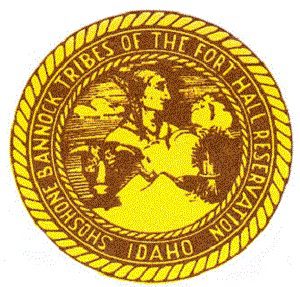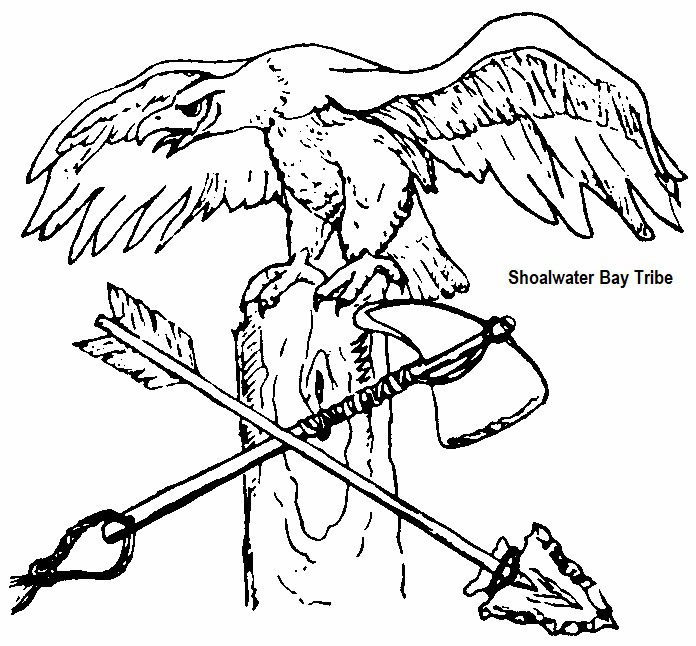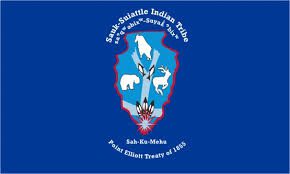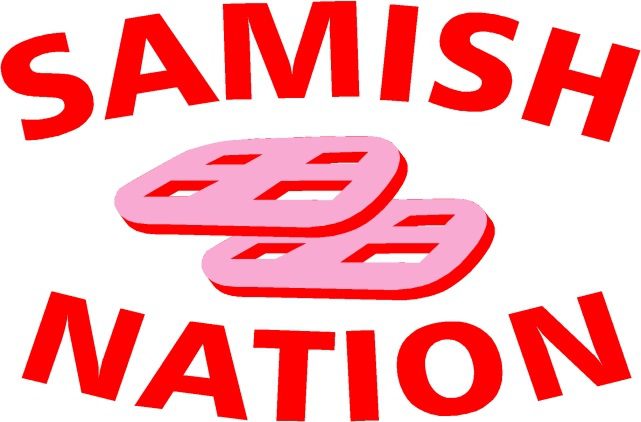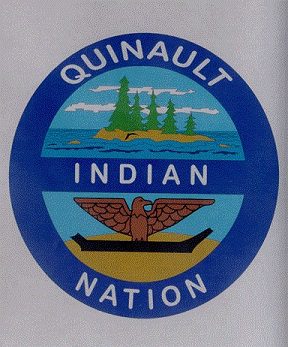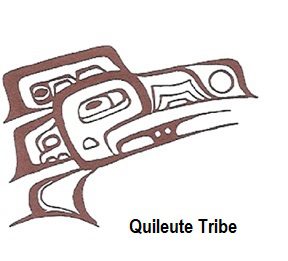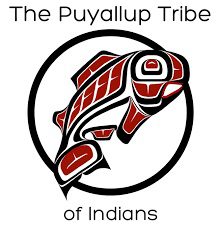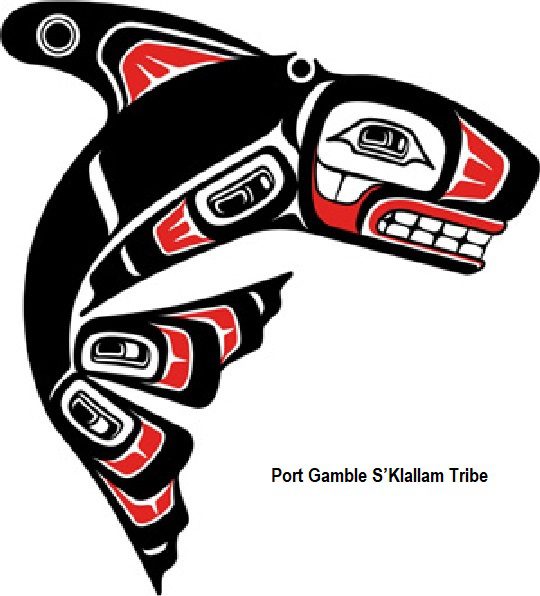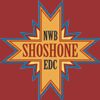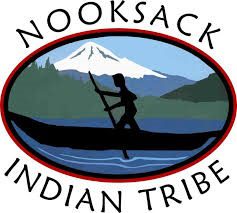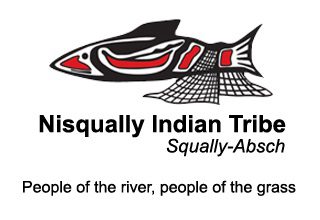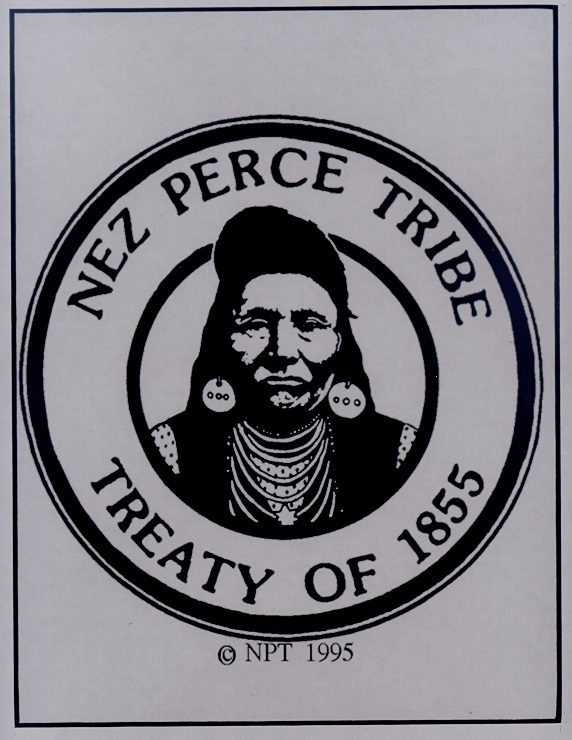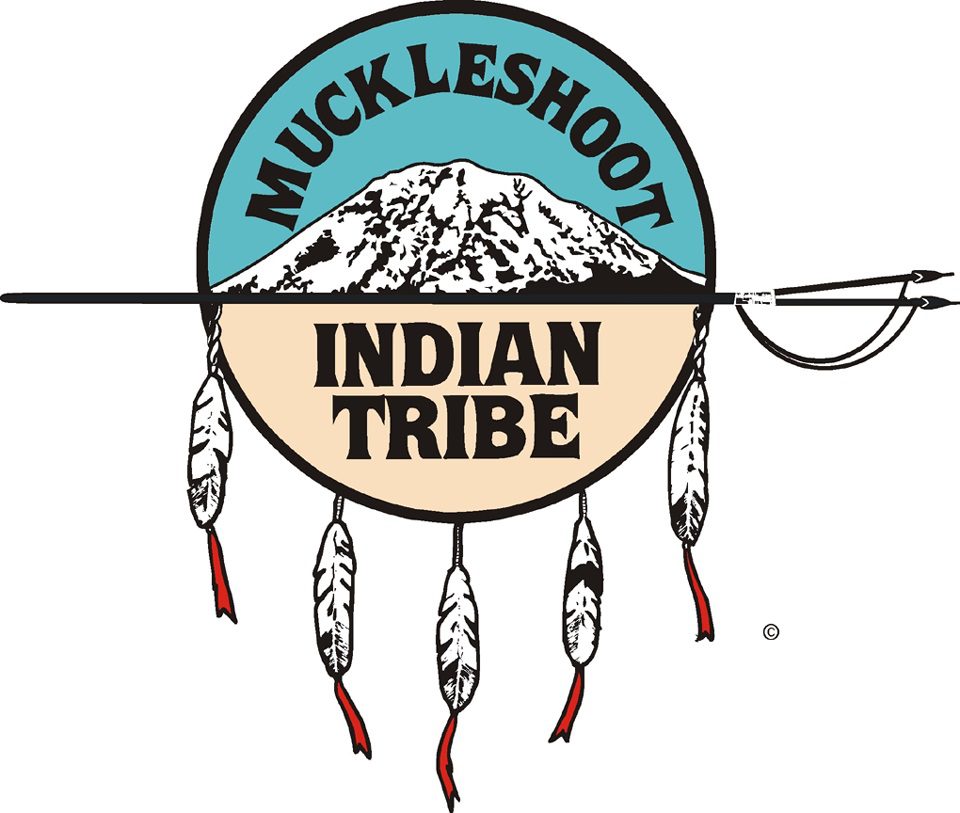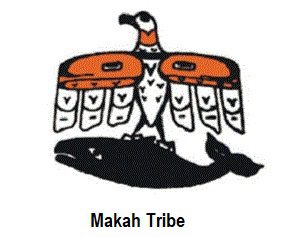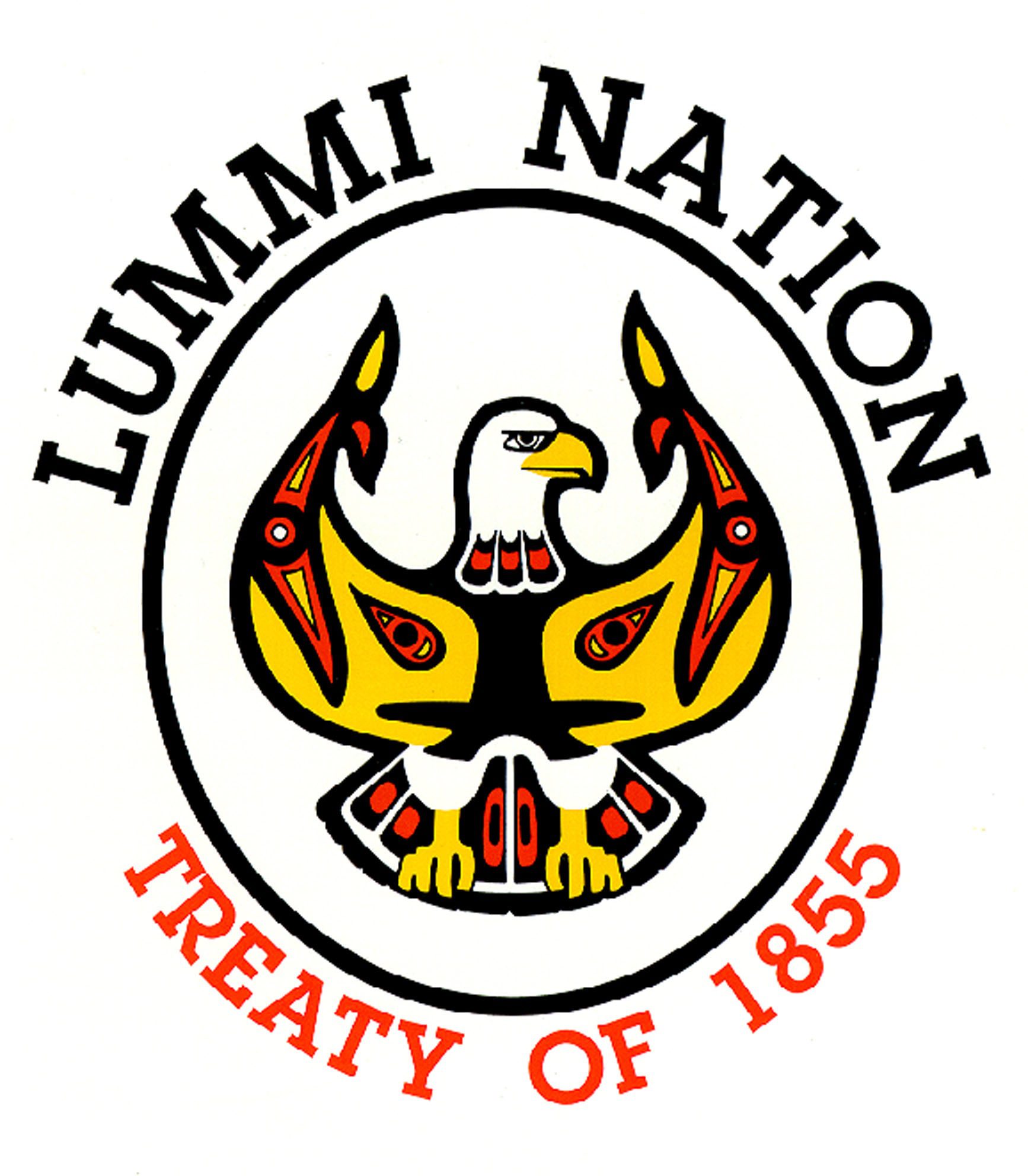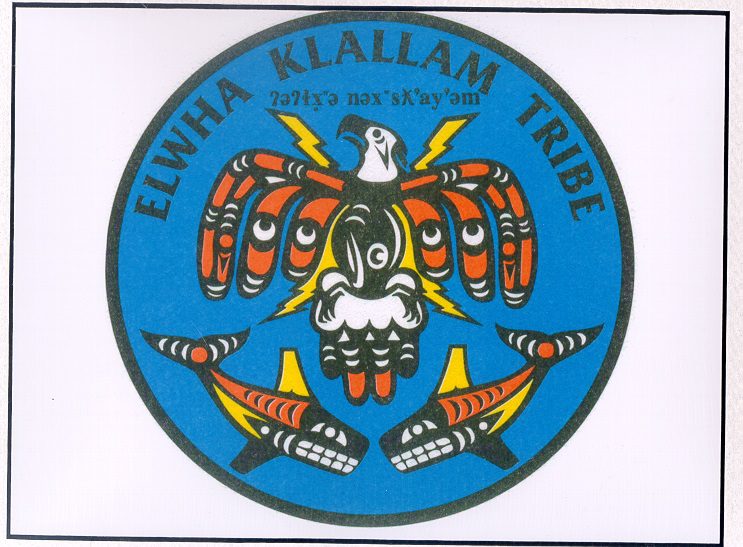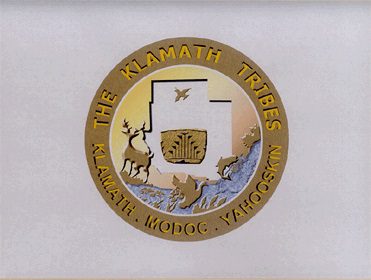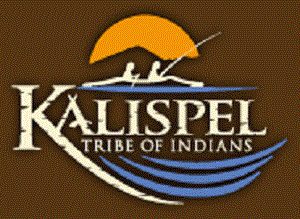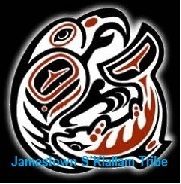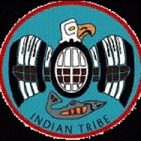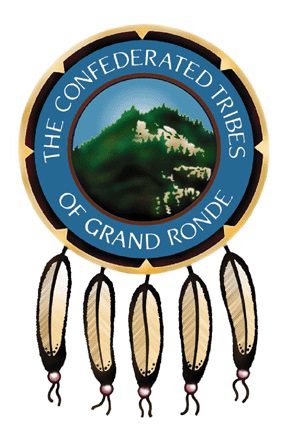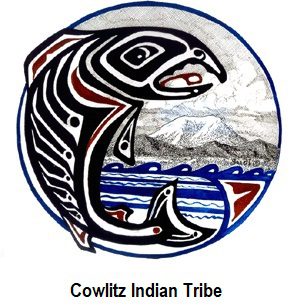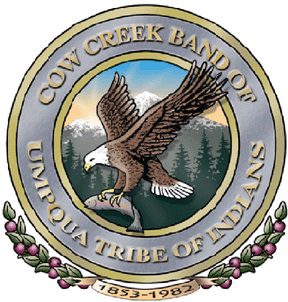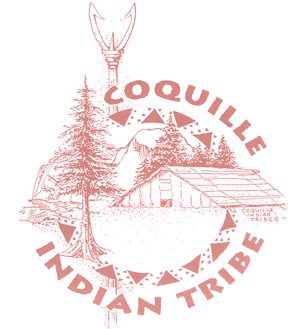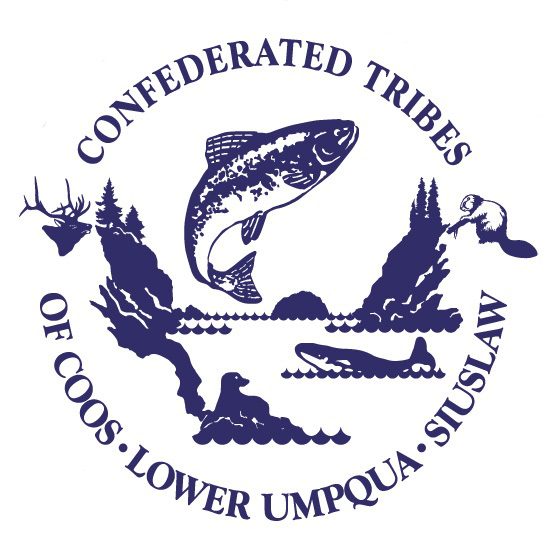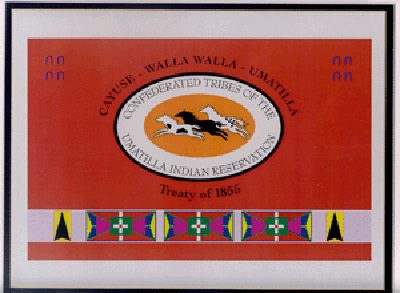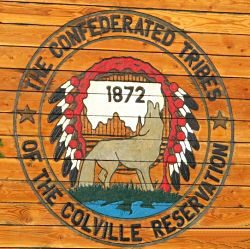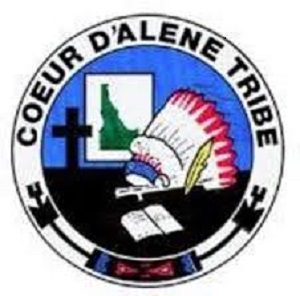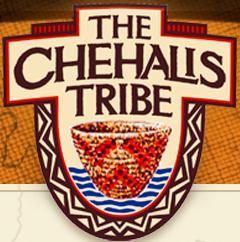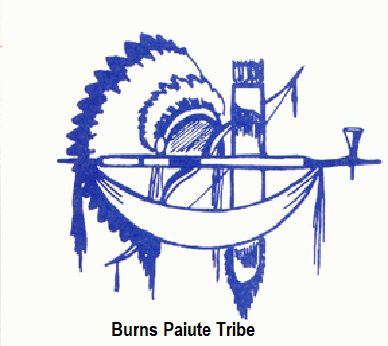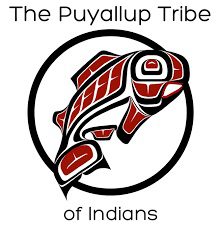The Nisqually Tribe operates a clinic as part of the Federal Indian Health Service (IHS). The IHS provides a comprehensive health service delivery system for approximately 1.9 million American Indians and Alaska Natives who belong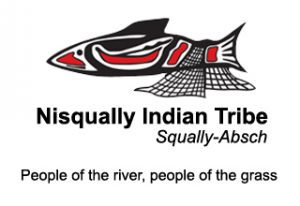 to over 562 federally recognized tribes in 35 states.
to over 562 federally recognized tribes in 35 states.
The Nisqually clinic offers limited primary care medical services and also employs a full-time dentist through its health clinic. The tribe bills Medicaid and Medicare for services provided to Medicaid- and Medicare-eligible patients, and private insurance for those patients with private coverage.
The clinic is operated in a single-story, 3,000-square-foot tribal building constructed in the early 1980s. This building also houses the following programs, which operate under a self-governance compact:
Medical
Dental
Contract Health Services
Elders Program
Mental Health
Substance Abuse
Community Health Representative
Diabetes
The Nisqually Tribe offers limited primary care services three days a week from a nurse practitioner. The Tribe also employs a full-time dentist. The clinic is operated in a single-story, 3,000 SF tribal building constructed in the early 1980’s. This building also houses the dental, mental health, social services, substance abuse, community health representatives, WIC, seniors, and emergency medical services programs. These programs operate under a self-governance compact. The Tribe bills Medicaid and Medicare for services provided to Medicaid and Medicare-eligible patients and private insurance for those patients with private coverage.
The Nisqually Health Clinic is moving toward the use of a better and more complete Medical Record. Some of the information about patient visits is stored in a computer system called the Resource and Patient Management System (RPMS). The new system will be able to hold all of the medical information. This means we will no longer have to keep hand-written information in a paper Medical Chart. The healthcare providers began using the new Electronic Health Record in 2012. Gradually we will be able to serve you and your family much more quickly and accurately
The Nisqually Indians roamed the interior woodlands and coastal waters from Mt. Rainier to Puget Sound. Their lifestyle and ceremonies revolved around different species of salmon and the red cedar. In 1853 Governor Isaac Stevens abolished Indian land rights leaving only the designated reservation land which was collectively owned by extended families. Under duress, the Nisqually, Puyallup, and other bands ceded most of Puget Sound and the Olympia Peninsula, (approx. 2,240,000 acres) to the government, by the Treaty of Medicine Creek. The Nisqually reservation included 5,105 acres, most of it east of the Nisqually River in Pierce County. Allotment of the land to individual tribal families began in 1884. In 1917 the US military, through condemnation proceedings, took 3,370 acres for the Fort Lewis Military Reserve. On September 30, 1884, land was set aside and divided into one-family allotments on both sides of the Nisqually River. The land did not include the river. The people lived in peace for a while harvesting fish from the river and growing potatoes on the prairie tracts. They also received few government rations. In the winter of 1917, the U.S. Army moved onto Nisqually lands and ordered them from their homes without any warning. Later, the Army reallocated 3,353 acres (13.6 km²) of their land to expand the Fort Lewis base.
The tribe moved onto their reservation east of Olympia, Washington, in late 1854 with the signing of the Medicine Creek Treaty. As reaction to the unfairness of the treaty, many members of the tribe led by Chief Leschi engaged and were eventually defeated by the US Army in the conflict known as the Puget Sound War in 1855-56.
The Nisqually people have lived in the watershed for thousands of years. According to legend, the Squalli-absch (ancestors of the modern Nisqually Indian Tribe), came north from the Great Basin, crossed the Cascade Mountain Range and erected their first village in a basin now known as Skate Creek, just outside the Nisqually River Watershed’s southern boundary. Later, a major village would be located near the Mashel River.
On September 9, 1946, the tribe’s constitution and bylaws were approved. The constitution was amended in 1994.
The reservation is small and on lower Nisqually River east of Olympia adjacent to the (huge) Fort Lewis Military Reservation.
The tribe lives on a reservation in the Nisqually River valley near the river delta. The Nisqually Indian Reservation, at 47°01′12″N 122°39′27″W, comprises 20.602 km² (7.955 sq mi) of land area on both sides of the river, in western Pierce County and eastern Thurston County.
The Nisqually (ˌnɪsˈkwɔːliː) is a Lushootseed-speaking Native American tribe in western Washington state in the United States. They are a Southern Coast Salish people. They are federally recognized as the Nisqually Indian Tribe, formerly known as the Nisqually Indian Tribe of the Nisqually Reservation and the Confederated Tribes of the Chehalis Reservation. The Nisqually is a subdialect of the southern dialect of Lushootseed named Twalshootseed, which belongs to the Salishan family. The Nisqually call themselves the ‘Susqually’absh (sq̓ʷaliʼabš), which means “people of the grass” in Twalshootseed.
The Nisqually Planning and Economic Development Department provides community development planning, economic feasibility and coordination, transportation planning, land acquisition, environmental review, grantwriting, and newsletter/communications services in support of tribal community development efforts.
The Nisqually Tribal Council approved a $45 million expansion of its Nisqually Red Wind Casino including 42,700 square feet of new floor space and a new 600-space parking facility. The new facilities will be open by December 2014. The expanded space will also include a smoke-free casino.
About 70 new jobs will be created as a result of the expansion.
In addition to building a new tribal center, the tribe has also constructed new convenience/gasoline stores and is extending its waste water treatment system, and building a public safety complex.
The Nisqually Tribe also donates more than copy million from casino revenue to benefit community charitable and non-profit organizations, and local governments.
The Red Wind Casino is managed by the tribe’s Medicine Creek Enterprise Corporation.
The Nisqually have always been a fishing people. The salmon has not only been the mainstay of their diet, but the foundation of their culture as well. The Nisqually Tribe is the prime steward of the Nisqually River fisheries resources, and operate two fish hatcheries: one on Clear Creek and one on Kalama Creek.
Principal industries: state government, wood products, food products and agriculture.
The Tribe adopted a constitution in 1946, according to the 1934 Indian Reorganization Act. An elected business council carries on most of the Tribe’s government affairs. The governing body of the Tribe is the General Council comprising all enrolled tribal members 18 years of age or older. The day-to-day business and economic affairs of the tribe are overseen by a tribal council composed of seven tribal members elected by the tribe’s voting membership.
The reservation is small and on lower Nisqually River east of Olympia adjacent to the (huge) Fort Lewis Military Reservation. The city of Olympia has a population of 29,600 with an elevation of 36 ft. County of Thurston, Precipitation 52.4 inches; average temperature 39-60.
Tribal website: http://www.nisqually-nsn.gov/
Administration Phone: (360) 456-5221
Clinic website: http://www.nisqually-nsn.gov/index.php/administration/tribal-services/health/
Clinic Phone: (360) 459-5312
Nisqually Health Center
4816 She Nah Num Drive SE
Olympia, WA 98513
Health Clinic: (360) 459-5312
Business Office: (360) 486-9599
Pharmacy: (360) 491-9770
Webpage: http://www.nisqually-nsn.gov
Health and Tribal Pharmacy Hours of Operation:
Monday, Tuesday, Thursday and Friday 9a.m.- 5p.m.
Clinic closed for lunch from 12p.m.-1p.m.
Wednesday 11a.m.- 8p.m.
Clinic closed for lunch from 3p.m.- 4p.m.
Nisqually Mental Health Program
Phone: (360) 413-2728
Nisqually Substance Abuse Program
Phone: (360) 413-2727
Nisqually Dental Clinic
4816 She-Nah-Num Drive S.E.
Olympia, WA 98513
Phone: (360) 459-5312
Member Tribes
